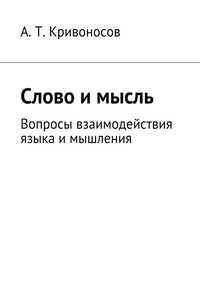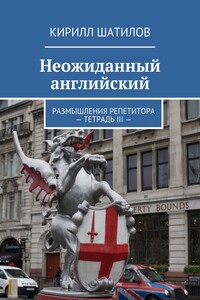Английский язык для юристов. Предпринимательское право | страница 54
Exercise 1. Comprehension questions:
1. Identify the purpose of commercial paper.
2. Explain the concept of negotiability.
3. What are the types of negotiable instruments?
4. Give definition of a draft.
5. How are the parties, relating to a draft, called?
6. Identify different kinds of drafts.
7. Explain what a certificate of deposit means.
8. What are the requirements for negotiable instruments?
9. What elements of negotiable instruments may be omitted?
Exercise 2. Find in the text English equivalents to the following:
Акцептант; переводной вексель; вкладной сертификат; лицо, берущее на себя обязательство уплатить долг в случае несостоятельности должника; простой вексель; дисконт; переводный вексель; лицо, на которое выставлена тратта; векселедатель; лицо, в пользу которого сделана передаточная надпись; лицо, делающее передаточную надпись; оборотный документ; извещение; долговая расписка.
Exercise 3. Consult recommended dictionaries and give words or phrases to the following definitions:
Простой вексель; переводной вексель; оплата по предъявлении; подлежит оплате по приказу; коносамент; акцептированная банковская тратта; обеспеченный вексель; обыкновенный вексель; облигации на предъявителя; депозитный сертификат; банковский чек; банковский индоссамент; передаточная надпись; условие о сокращении срока исполнения обязательства; форма подписи; подпись торгового агента; безусловное обещание; определенная сумма; точно определенный срок.
Exercise 4. Be ready to talk on one of the following topics:
1. State the purpose of commercial paper.
2. Explain the concept of negotiability.
3. Identify the three kinds of negotiable instruments.
4. Name the parties to each kind of negotiable instrument.
5. Describe the effect of dates on negotiable instruments and determine which words control.
Exercise 5. Make up your own dialog on the case: In Banco Espanol De Credito v. State Street Bank & Trust Co., the correspondent bank-plaintiff credited «the amounts specified in the letters of credit against debts» owed it by two beneficiaries under the letter of credit. The plaintiff then forwarded the draft to a Boston bank, which was obliged to pay under the letter of credit, and the Boston bank refused to pay on the ground that there was fraud in the transaction. Banco Espanol responded that it was a holder in due course and that fraud could not be raised against it. The district court, in an opinion affirmed by the First Circuit, found that Banco Espanol had in fact given value, was a holder in due course and was entitled to recover from the Boston bank. The lower court held that the Spanish bank had given value because the credit given was not subject to revocation under the terms of the agreement between the Spanish bank and its Spanish customers. The appellate court affirmed on this ground and on the alternate that Banco Espanol gave «value» «even if the credit were revocable.»



